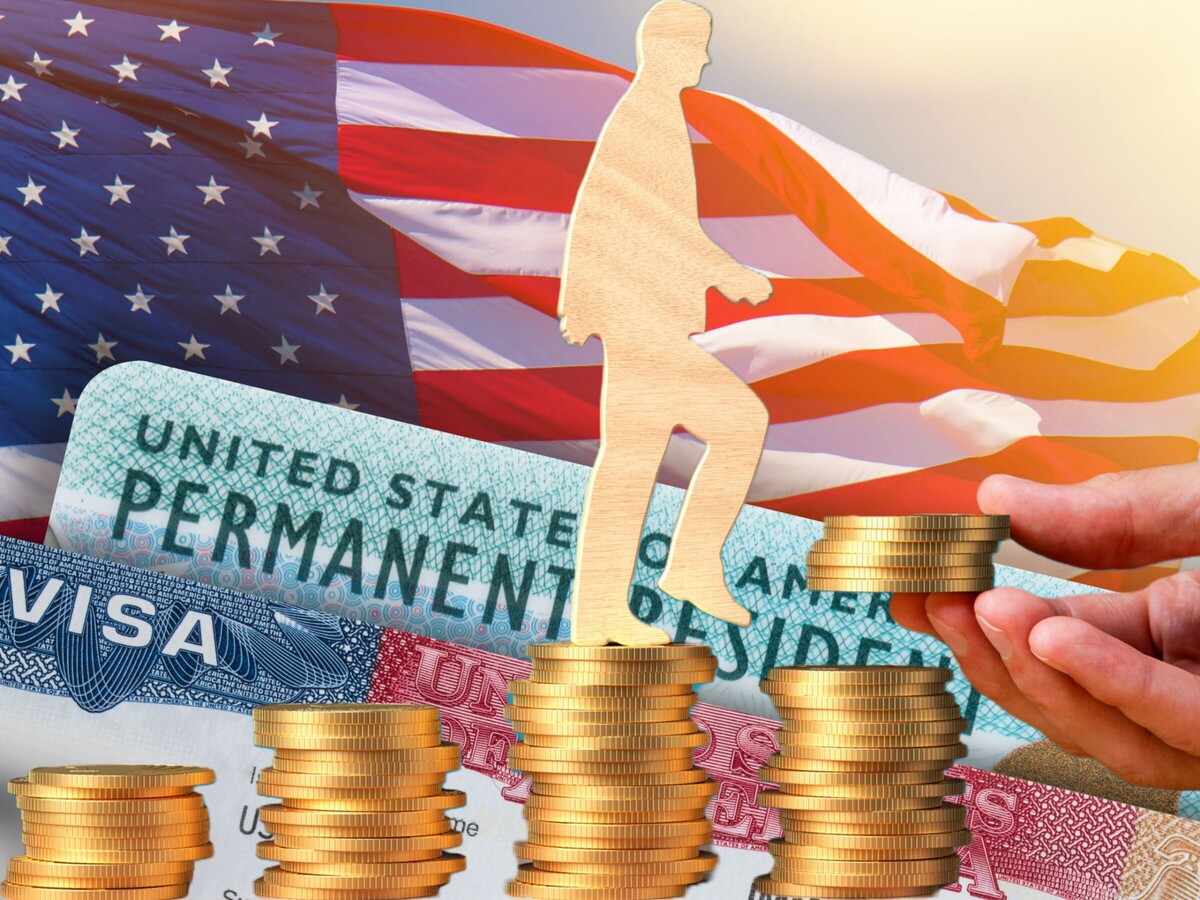Image


In a bid to ensure that all families in New Jersey have access to affordable groceries and health care, the state has taken a controversial stand against the recent Public Charge final rule from the federal government. The final rule, which went into effect on December 23, 2022, may impact some immigrants and their ability to use public benefits.
“Under this rule, DHS would determine that a noncitizen is likely at any time to become a public charge if the noncitizen is likely at any time to become primarily dependent on the government for subsistence, as demonstrated by either the receipt of public cash assistance for income maintenance or long-term institutionalization at government expense.” – Department of Homeland Security, Public Charge Ground of Inadmissibility, Summary
Immigrants who are not subject to the Public Charge rule are encouraged by NJ State to “use public benefits as needed,” including those with a green card (unless they are traveling out of the country for more than 6 months or have certain criminal convictions), refugees or asylees, and those applying for or already have U.S. Citizenship, T or U visas, asylum, refugee status, Special Immigrant Juvenile status, or VAWA self-petitioner status.
However, those applying for a green card (Lawful Permanent Resident status) or a visa or visa extension (such as a tourist or student visa), or a change of status, may be subject to the final rulings on Public Charge. Individuals and families can check with a legal services provider to determine their eligibility.
Not all benefits are considered a Public Charge, and the state of New Jersey wants to assure residents that they and their families can “continue to use these benefits without fear” of impact on their Public Charge determination. These benefits include:
However, some included benefits may impact an immigrant's Public Charge determination, including:
Importantly, Public Charge does not apply to US citizen household members receiving benefits, so if your US citizen child is eligible for and receiving SNAP, for example, this will not impact your determination.
To get more information or apply for benefits, visit NJHELPS.org. For information regarding other food or housing programs, call 2-1-1 or visit nj211.org.
This article is not intended as legal advice and residents are advised to contact a legal services provider if they are unsure if the Public Charge rule applies to them or a family member.